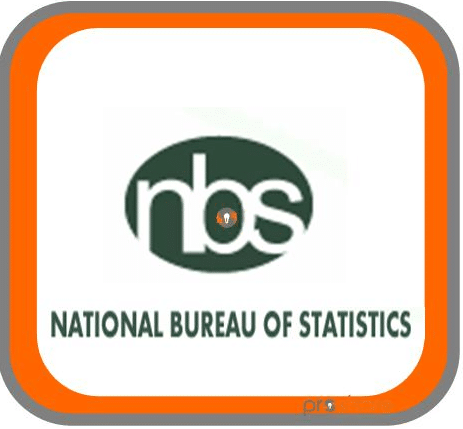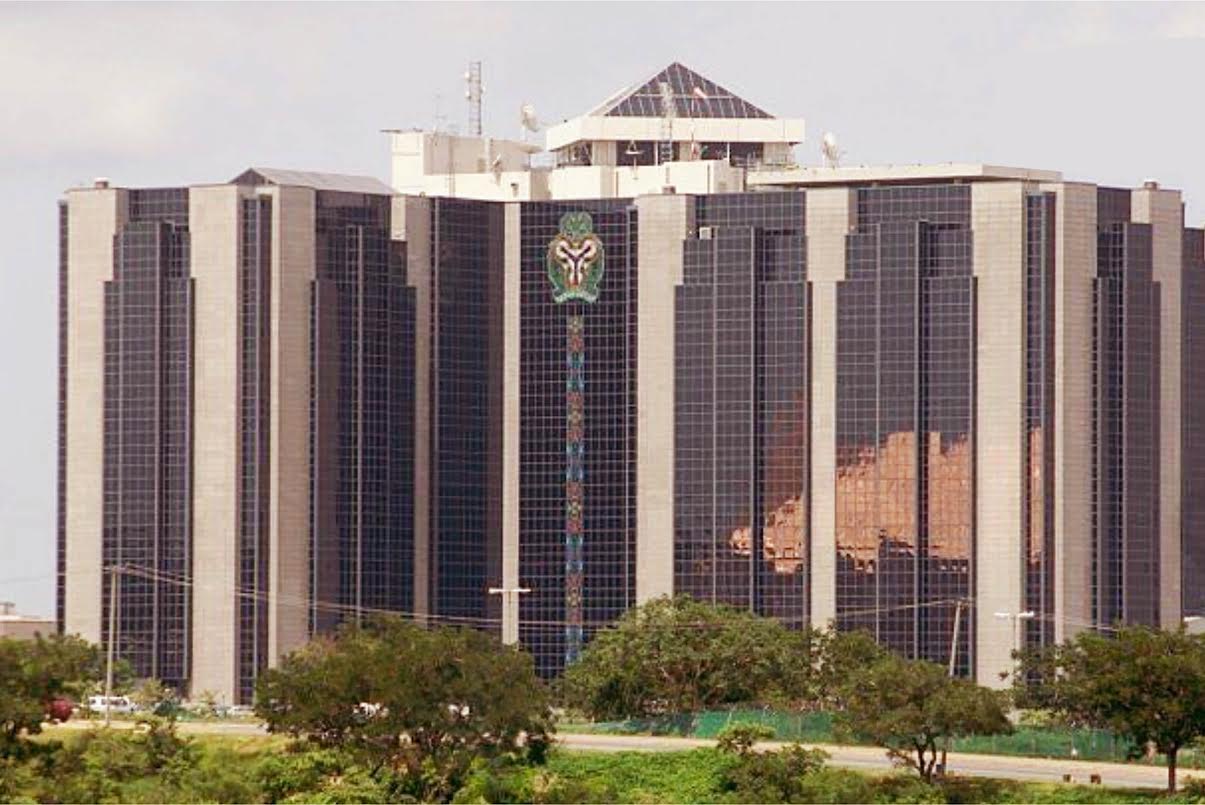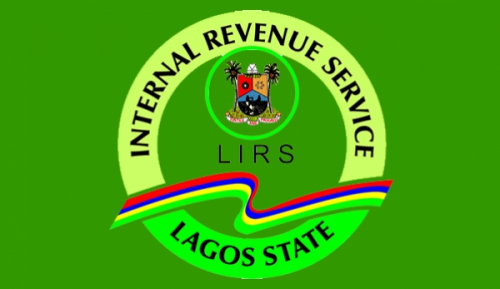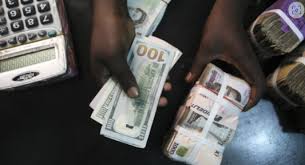Inflation inches down to 11.26% as inflationary pressures loom

Nigeria’s inflation rate, inched down to 11. 26 per cent in October from 11.28 per cent stood in September, the latest National Bureau of Statistics (NBS) Consumer Price Index (CPI) report revealed on Wednesday.
The CPI, which measures inflation rate for goods and services in the Nigerian economy, showed headline inflation inch down to 11.26 per cent year on year (y/y) in October 2018, representing a marginal difference of about 0.02 per cent points lower than the rate recorded in September 2018.
On a month-on-month basis, the report said deadline inflation index increased by 0.74 per cent in the month under review, down by 0.09 per cent points from the rate recorded in September 2018 (0.83) per cent.
The report said increases were recorded in all 12 classifications of individual consumption by purpose (COICOP) divisions that yielded the headline index.
The percentage change in the average composite CPI for the 12 months period ending October 2018 over the average of the CPI for the previous 12 months period, the report said, was 12.78 percent, from 13.16 percent recorded in September 2018.
The urban inflation rate increased by 11.64 percent (year-on-year) in October 2018 from 11.70 percent recorded in September 2018, while the rural inflation rate increased by 10.93 percent in October 2018 from 10.92 percent in September 2018.
On a month-on-month basis, the urban index rose by 0.76 percent in October 2018, from 0.86 percent recorded in September, while the rural index also rose by 0.72 percent in October 2018, down from the rate recorded in September 2018 (0.82) percent.
Commenting on the new figure, analysts at Investment Management & Research, stated: “This was slightly above our best case scenario estimate of 11.22 per cent and just below our base case 11.31 per cent.
“The variance in our best case estimate and actual inflation figure was due to a higher than expected increase on month on month basis of 0.74 per cent actual agaisnt 0.69 per cent estimate. With the high base effect of H1 2017 fading out, inflationary pressures appear to be more prevalent on y/y readings in H2 2018.”
According to the analysts, the marginal slowdown may have been influenced by a corresponding decline in the Food-Sub Index of 13.28 per cent y/y in October 2018 as against 13.31 per cent y/y in September 2018.
They stated that the stability in the PMS price, as well as exchange rate, might have limited the increase in Core Sub Index, thus translating to its insignificance in directing the headline inflation movement.
“On the other hand, Food inflation continued to dictate CPI rate, moderating by 3bps to 13.28 per cent y/y, while imported inflation decreased by 9bps to 15.57 per cent y/y.
“Our opinion is further backed by inflationary prospects driven by the conflicts in the Northern region disrupting food supply, election spending, and the possible acceleration in the implementation of the N9.12trillion 2018 budget.
In the same vein, the imminent rise in minimum wage and election spending may cause a spike in general price level in the near term.
“On the other hand, the statement released by NNPC concerning the surge in the landing cost of Premium Motor Spirit (petrol) to above N200 per litre may put more pressure for PMS price to increase in the near term.
We opine that the risk may be exacerbated as we approach the yuletide season, occasioned by increased demand and fuel scarcity”, analysts added.










